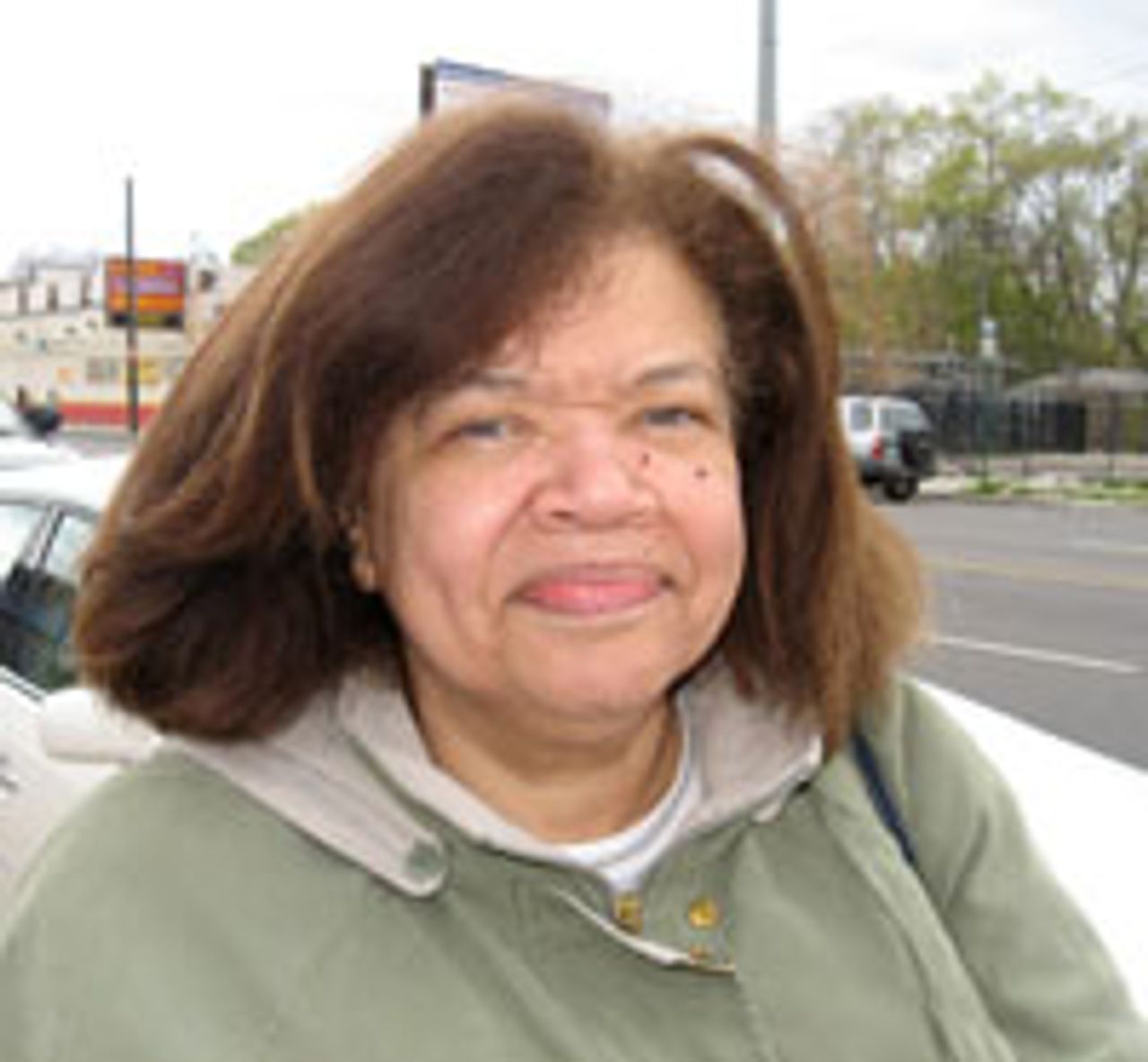The Michigan branch of the Sierra Club, the oldest environmental organization in the US, has issued a scathing press release disclosing that DTE Energy shut off nearly 200,000 customers in 2011. A WSWS investigation in February showed that DTE and Consumers Energy, the two largest utility companies in Michigan, carried out nearly 400,000 shutoffs in 2011, affecting close to 1 million people (see “Utility shutoffs soars amidst mass poverty in Michigan“).
The Sierra Club forced DTE to release the information after filing a Freedom of Information (FOIA) request. Rhonda Anderson, a spokesman for the Sierra Club, states in the press release that shutting off utilities makes a household unsafe, especially for seniors and children. “Additionally, the loss of energy can result in homelessness, destruction of the community through relocation, failure in the operation of life saving devices, illness and more.” The statement notes, “In addition, children can be taken from their parents on account of neglect. This is simply intolerable.”
The investigation conducted by the WSWS was far more extensive, tracing the shutoffs by DTE and Consumers over a four-year period from 2007 to 2011. In 2007, DTE Energy carried out 83,765 shutoffs. Consumers’ shutoffs were nearly 30 percent higher, 117,584, for a combined total of 201,349. In 2011, DTE conducted 198,545 shutoffs and Consumers 164,634, an increase of 161,830 over 2007.
The deadly cost of utility shutoffs was revealed in Detroit in 2010: 14 people died that year in house fires after their utilities were shut off. In March of that year, the SEP conducted an investigation into utility shutoffs that led to the formation of the Committee Against Utility Shutoffs, or CAUS,
Heating assistance programs in Michigan have experienced drastic cuts this year as a result of budget cuts instituted by the Democratic Obama administration and state Republican administration of Governor Rick Snyder. Lawmakers in Michigan, presently dominated by a Republican legislature, replaced the Low Income Energy Efficiency Fund (LIEEF) after the program was invalidated by a Michigan Court of Appeals decision in July 2011. Although the new program, Vulnerable Household Warmth Fund (VHWF), will provide $58 million in heating assistance in 2012, this amount is a $30 million reduction from the LIEEF total in 2011.
The Obama administration cut the Low Income Home Energy Assistance Program (LIHEAP) from $5.1 billion in 2010 to $3 billion this year, severely reducing aid to states such as Michigan where utility shutoffs have doubled since 2007. In 2010, Michigan received $276.5 million from LIHEAP to help needy families with their utility bills. In 2012, the federal government will allocate $173.4 million in assistance, a $100 million reduction from 2010. And in 2013, the cut is expected to be half of the amount received in the state in 2010, for a total of $137.3 million.
“Just to get families any assistance this year is a big lift,” Renell Weathers, outreach coordinator for the Michigan League for Human Services, told the Michigan Citizen.
The World Socialist Web Site spoke to workers in Detroit who are experiencing severe difficulties with keeping their utilities connected.
 Monika Uriel
Monika UrielMonika Uriel, a retired Blue Cross/Blue Shield worker, said, “I am a member of St. Vincent De Paul at my parish, and we are involved with helping people with energy assistance. We received a grant for $176,000 to help people. We had to have a shutoff notice as part of the grant. There are certain income requirements, and people have to have a job or a source of income, because they have to be able to keep up the payments. The bills can only be between $250 and $2,500 in order for us to help them.
“The need is great. There are some people that have bills larger than the $2,500, and it’s hard to help them because our grant has certain requirements. We have run across people that have $3,000 to $4,000 bills, even $5,000 bills. One thing that I did notice in trying to help people is that the budget payments are so high it takes up almost all of their income. It is like they are caught between a rock and hard place.”
She added, “We got less money for the 2011-2012 grant year because of budget cuts. It affects people, too, because there is less money to use for our clients. It affects any of the organizations that work with clients and help them pay their utility bills.”
 Randy Mazyck
Randy MazyckRandy Mazyck, in his 20s, is a manager at McDonalds. “Last year I was staying in a house for about a year without lights,” he said. “The bill was outrageous. It gets to a point where you can’t pay it. Even with a payment plan, you are still behind. It just piles up. You never get to a point where you can completely be clear and be stable.
“We survived with gas, I still had my gas on, and with candles. You have to live with a cooler to keep your food cold. You are constantly buying ice. I have two kids, and my mother was staying with me.
“It is outrageous. They control the prices. You just pay what they say you should pay. It is a complete monopoly, and it is a thing you need, a basic necessity. They put you in a position where you can have family issues. If the school finds out that you don’t have lights and gas, your children can taken away.
“I work as a manager for McDonald’s. In this economy, who can really survive off a $9-an-hour job? With a house, lights and gas, student loans, a family, just basic needs—it is all to put you in poverty and eliminate the middle class altogether.”
 Sherri Brown
Sherri BrownSherri Brown told the WSWS that her utilities had been recently shut off. “I am receiving SSI,” she said. “The Department of Human Services helped me pay an old bill. They still didn’t put me on a budget. It started off that it was over $2,000, then it went down a little bit. Now it has gone right back up. I don’t understand. They won’t let me get on a budget until I pay $100. I think I should have been on a budget before now.
“My utilities have been off since yesterday. It is hard; I’ve got two kids. My kids are cold. It is hard for them to get up and clean the house because it is so cold. The first time it was shut off, they came right back out and cut it back on because DHS had not paid their part.
“I think the cuts in Detroit are terrible. It is hard on the people, the citizens. We have to have jobs, to me that keeps the killers off the streets. I think if we had less cuts it would help Detroit a lot. It is terrible.”
